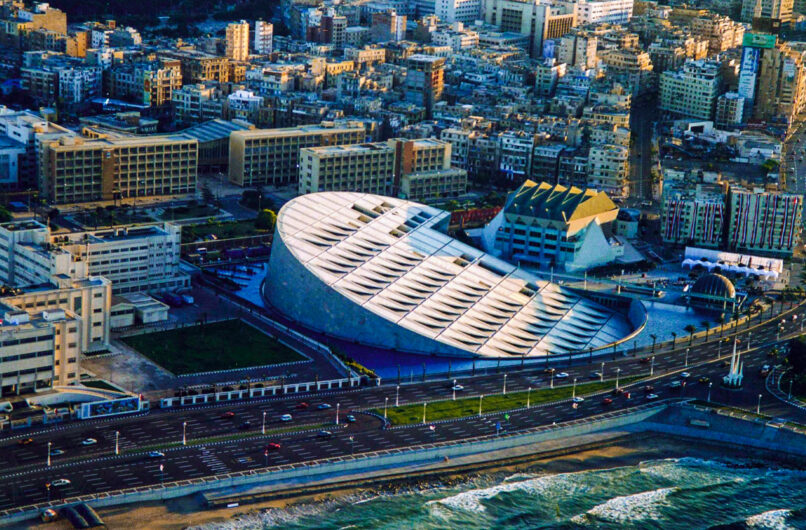
The Library of Alexandria: A Historical and Cultural Landmark
The Library of Alexandria is one of history’s most famous and essential libraries, serving as a center of learning and culture during the ancient world. It was established in the 3rd century BC in Alexandria, Egypt, and was considered one of the Seven Wonders of the Ancient World. This blog post will look closer at the Library of Alexandria and explore its history, cultural significance, and modern-day impact.
History of the Library of Alexandria
The Library of Alexandria was established by Ptolemy I Soter, one of the generals of Alexander the Great, who became ruler of Egypt after Alexander’s death. It was built in the heart of Alexandria, a city known for its intellectual and cultural vibrancy. The Library of Alexandria quickly became a center of learning and scholarship, attracting scholars and intellectuals worldwide. It was said to have housed as many as 700,000 scrolls, making it the most extensive library in the ancient world.
The library was not just a knowledge repository but also a center for research and collaboration. Scholars would gather at the library to study and exchange ideas, leading to many important discoveries and advancements in various fields. Unfortunately, the Library of Alexandria was destroyed in a series of fires starting in the 1st century BC. The exact cause of the fires is unknown, but it is believed that they were caused by a combination of factors, including war, political upheaval, and natural disasters.
Cultural Significance of the Library of Alexandria
The Library of Alexandria is significant for its cultural and historical importance. It symbolized the ancient world’s wealth, power, and sophistication, and its destruction was seen as a substantial loss to humanity. The library was also significant for its impact on the development of various fields, including science, mathematics, philosophy, and literature. Many of the greatest thinkers and scholars of the ancient world, such as Euclid, Archimedes, and Eratosthenes, were associated with the library, and their contributions to human knowledge are still celebrated today.
Modern-Day Library of Alexandria
In 2002, the modern-day Library of Alexandria was opened following a UNESCO-led initiative to revive the legacy of the ancient library. The new library is located near the site of the old library and serves as a center of learning and culture for the 21st century. The modern Library of Alexandria houses a vast collection of books, manuscripts, and other materials on various topics, including science, history, literature, and the arts. It also serves as a hub for research and collaboration, hosting conferences, seminars, and workshops on various subjects.
The library is not just a repository of knowledge but also a center for innovation and creativity. It has launched various initiatives to promote research and development, including a science and technology park, a business incubator, and a center for entrepreneurship.
Visiting the Library of Alexandria
The Library of Alexandria is open to visitors and offers a unique and educational experience for anyone interested in history, culture, and learning. Visitors can take guided tours of the library, which typically include visiting the various sections and exhibitions and learning about the library’s history and cultural significance. Visitors can also attend various events and activities at the library, including lectures, concerts, and book signings. The library has a café and a gift shop, where visitors can relax and enjoy a meal or purchase souvenirs.
Conclusion
The Library of Alexandria is one of the world’s most important cultural and historical landmarks, serving as a center of learning and culture for the ancient world and beyond. Its destruction was seen as a significant loss to humanity, but the modern-day Library of Alexandria has revived its legacy and continues to promote learning, innovation, and collaboration. If you’re interested in history, culture, and education, add the Library of Alexandria to your list of must-visit destinations. It is a unique and unforgettable experience that will leave you with a newfound appreciation for the power of knowledge and the richness of human culture.
- July 6, 2023
- 739
- Alexandria Attractions
- 0 comment
